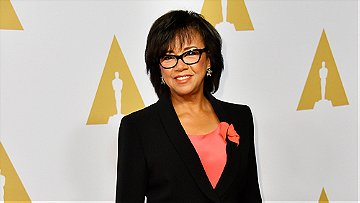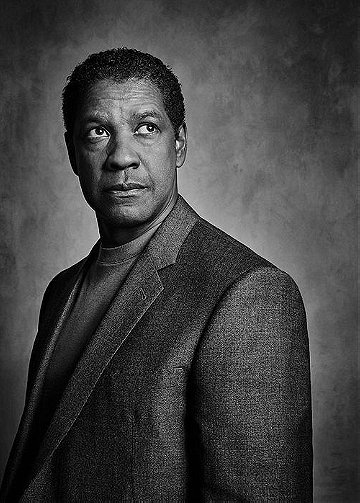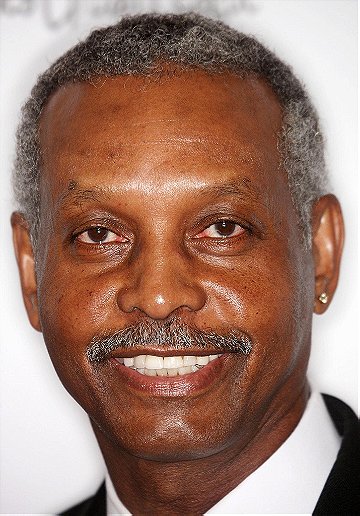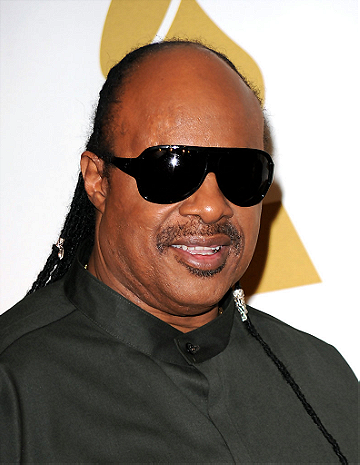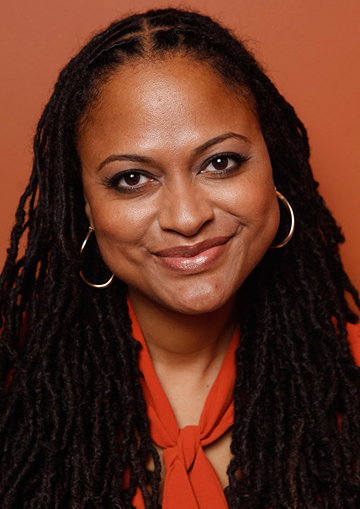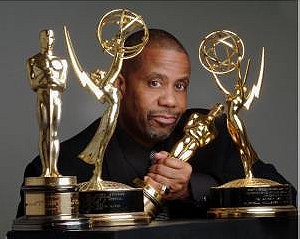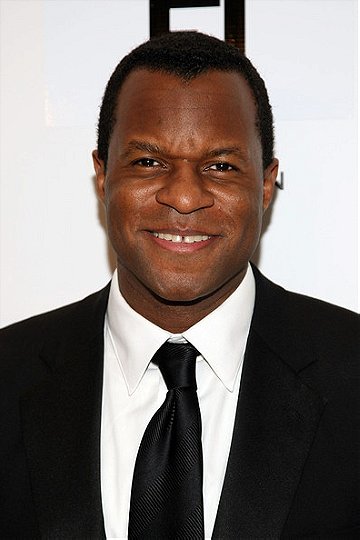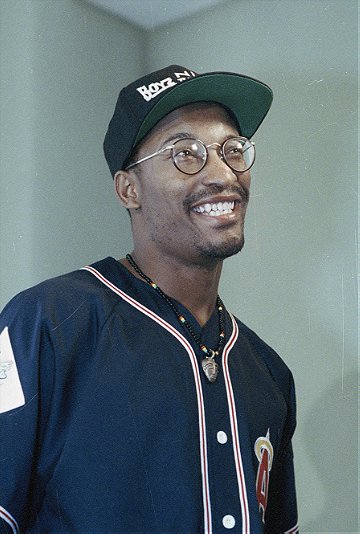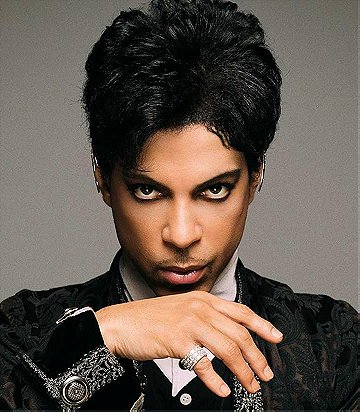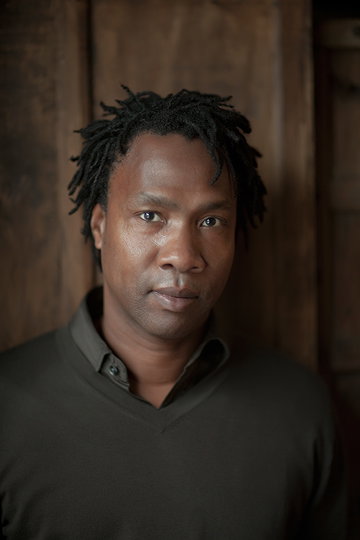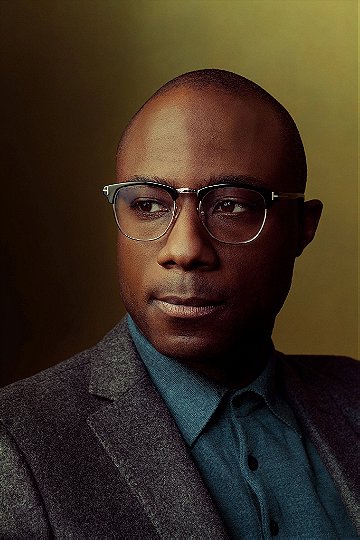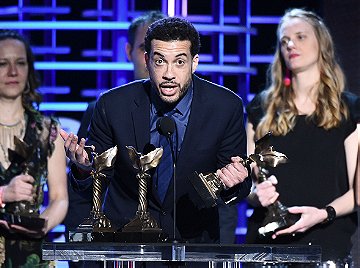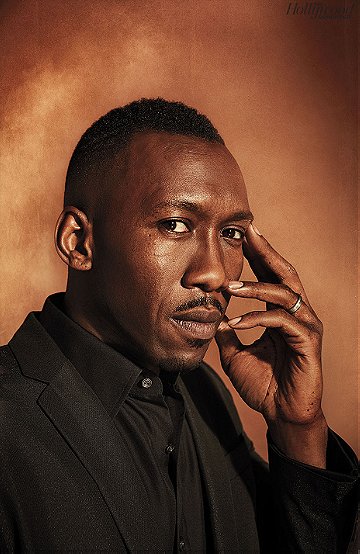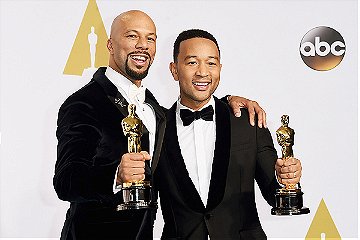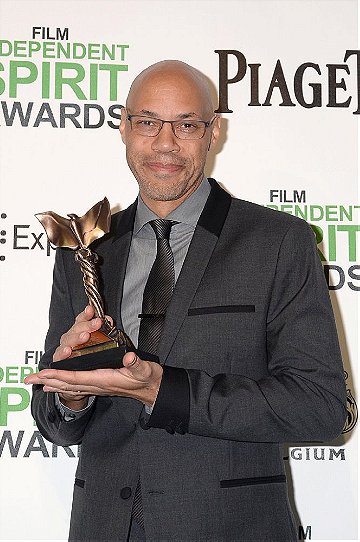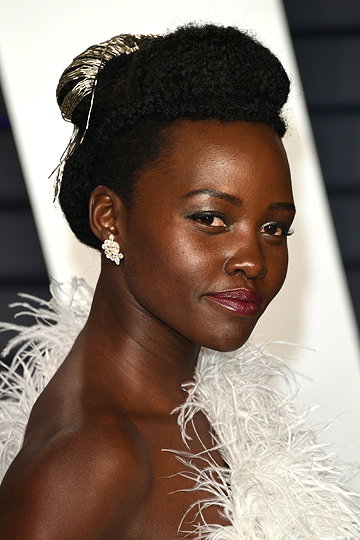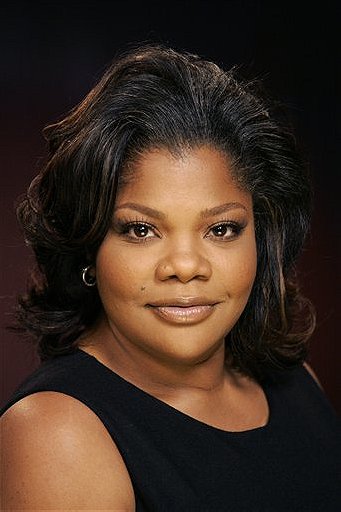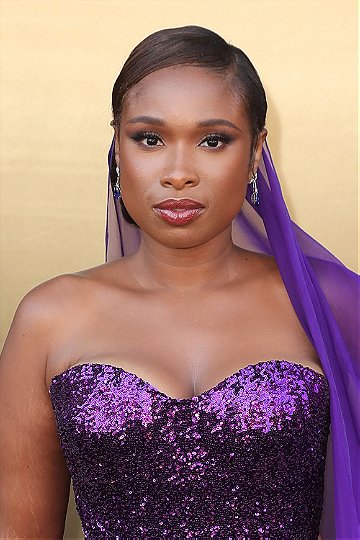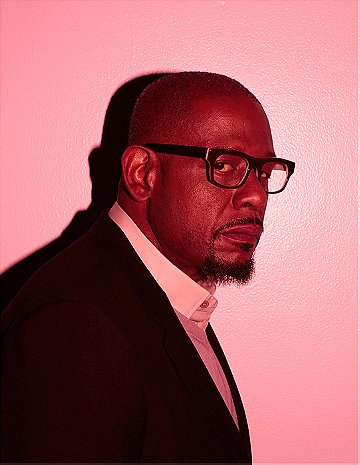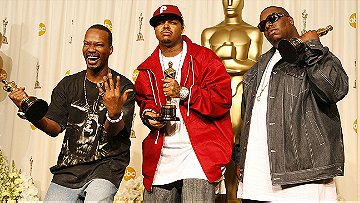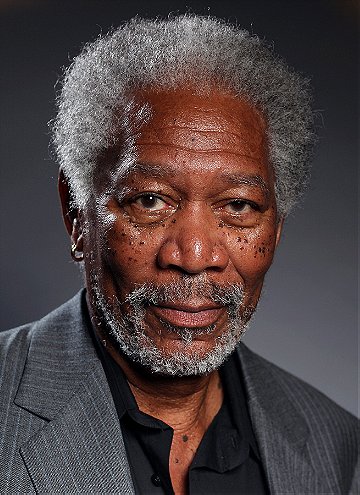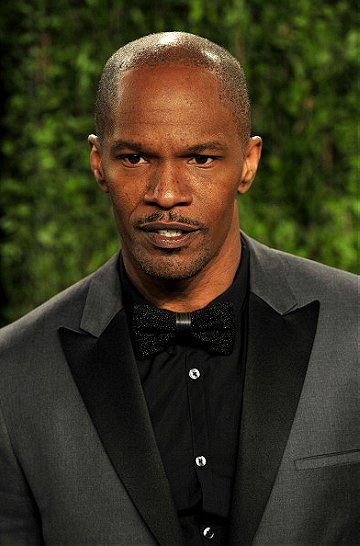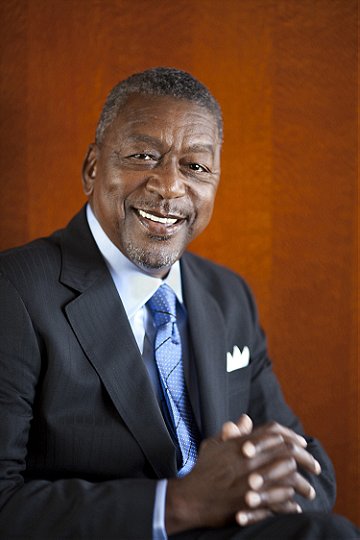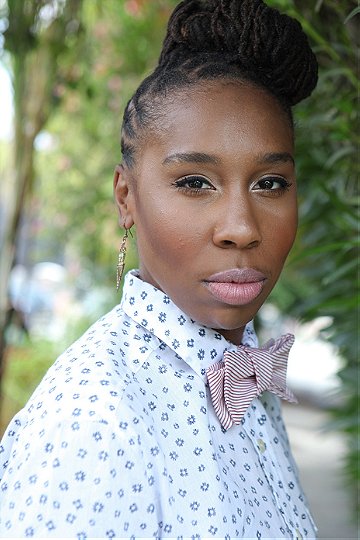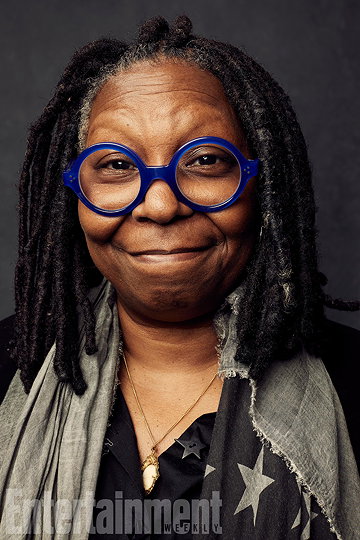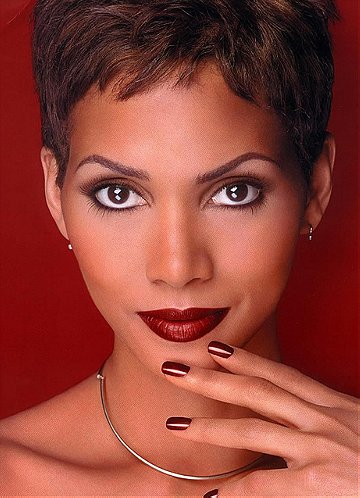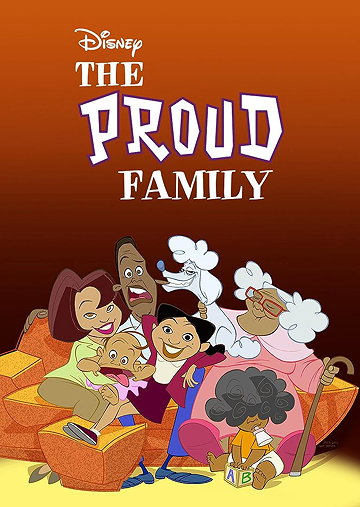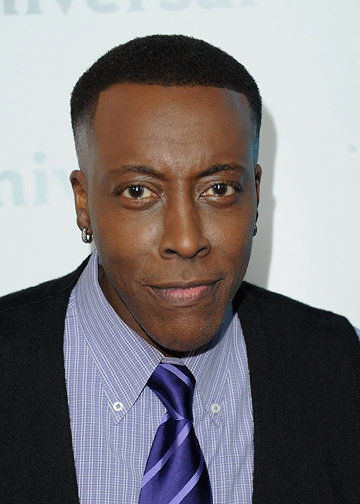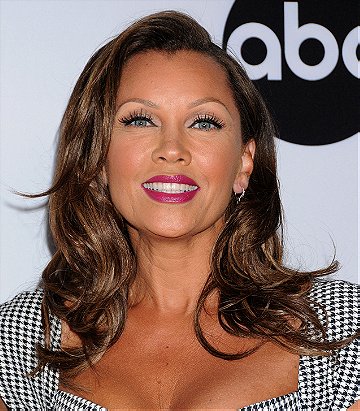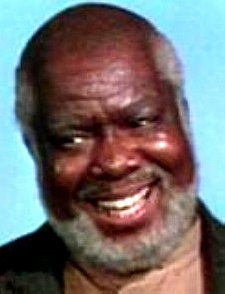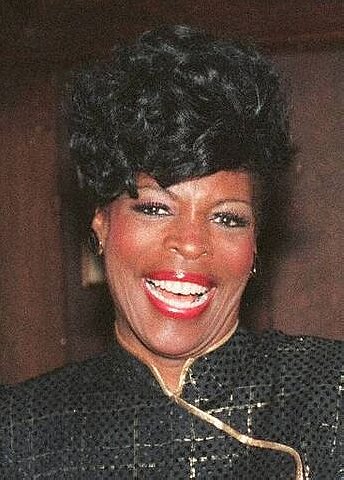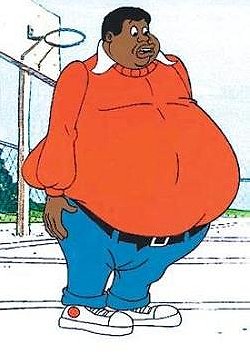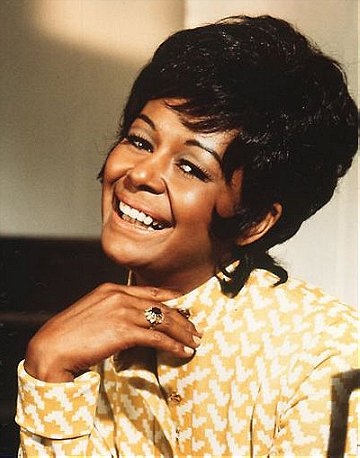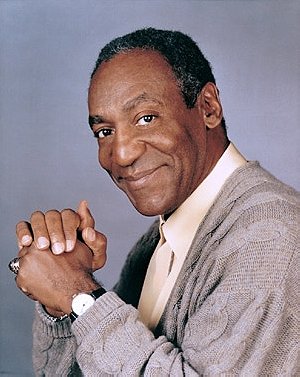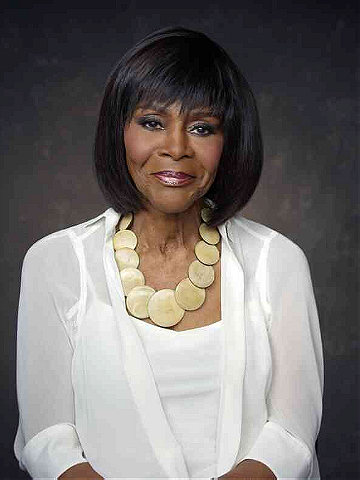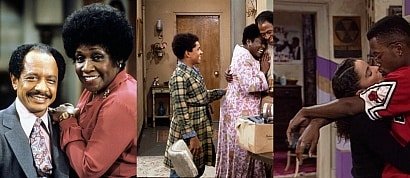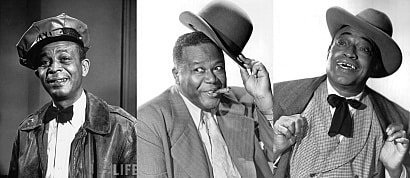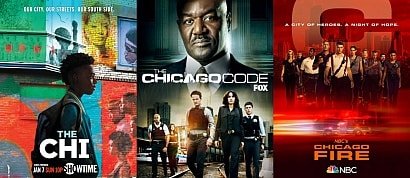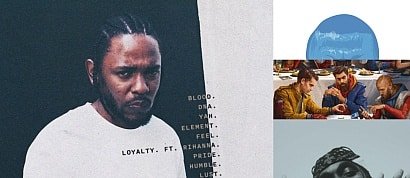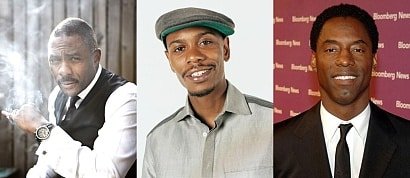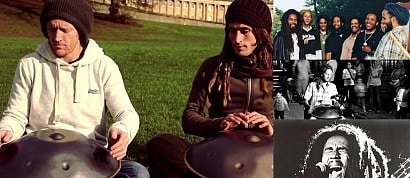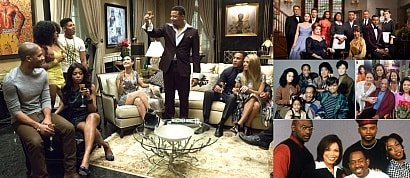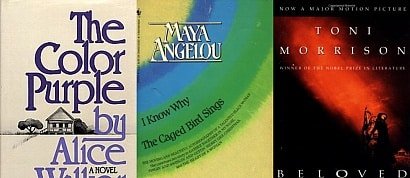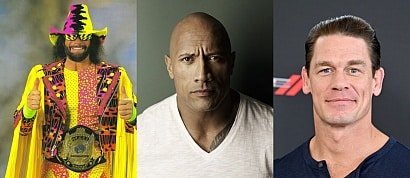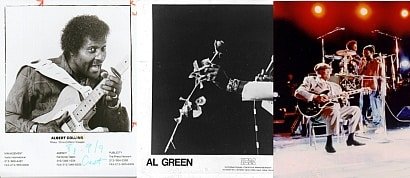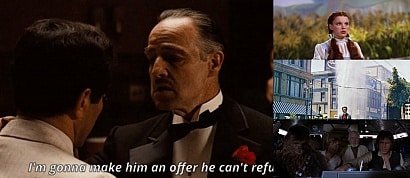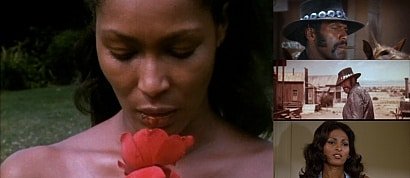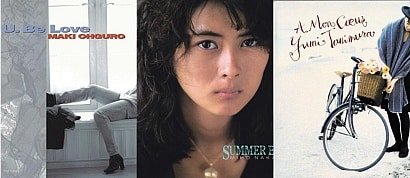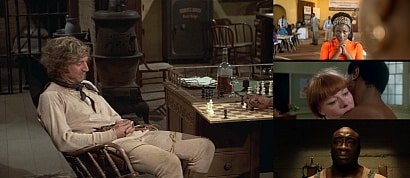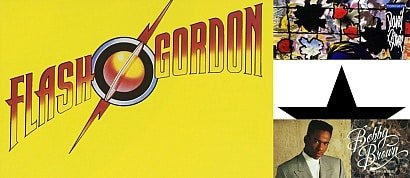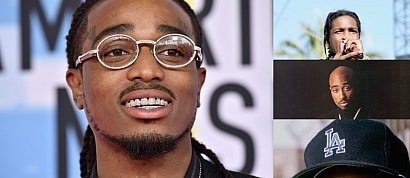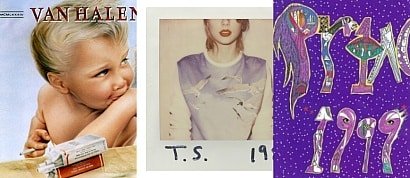Denzel Washington is the only African-American to take home multiple acting Oscars, winning in 1990 for his supporting role as Pvt. Trip in Glory and in 2002 for his lead role in Training Day — a landmark night for Oscar diversity, with Halle Berry also winning the best actress prize for her work in Monster's Ball.
In 1990, Washington beat out Danny Aiello (Do the Right Thing), Dan Aykroyd (Driving Miss Daisy), Marlon Brando (A Dry White Season) and Martin Landau (Crimes and Misdemeanors). Accepting his award from Geena Davis at the Oscars' longtime home of the Dorothy Chandler Pavilion, Washington seemed relieved he was able to use the notes he'd prepared and that his son, who said he was going to make him an Oscar out of clay, now has the real thing to work off of.
"Now I got the model for him," Washington said. He also paid tribute to the black Civil War soldiers that the film portrays, saying they "helped make this country free."
 Lionel Richie called his best original song win for "Say You, Say Me" from White Nights, "Outrageous." The song beat "Miss Celie's Blues (Sister)" from The Color Purple, which Richie also helped write; "The Power of Love" from Back to the Future; "Surprise, Surprise" from A Chorus Line and another White Nights song, "Separate Lives," the "love theme" from the movie.
Lionel Richie called his best original song win for "Say You, Say Me" from White Nights, "Outrageous." The song beat "Miss Celie's Blues (Sister)" from The Color Purple, which Richie also helped write; "The Power of Love" from Back to the Future; "Surprise, Surprise" from A Chorus Line and another White Nights song, "Separate Lives," the "love theme" from the movie.
"In the truest sense of the word I will say to you that this represents a dream come true," Richie said after winning. "Many, many years of believing and dreaming and a lot of friends and a lot of family that said, 'You can do it, just keep on trying hard.' I want to say to all of them and to all the people that have supported me over the years, thank you very much for keeping up with my foolishness."
With their best adapted screenplay win, Moonlight writers Barry Jenkins (screenplay) and Tarell Alvin McCraney (story) joined a short list of African-American winners in the category, including Geoffrey Fletcher (Precious) and John Ridley (12 Years a Slave). Moonlight's script beat adapted screenplays from Arrival, Fences, Hidden Figures and Lion. Addressing the Oscars' large audience around the world, Jenkins said, "All you people out there who feel like there's no mirror out there, that your life is not reflected, the Academy has your back. The ACLU has your back. We have your back and for the next four years we will not leave you alone, we will not forget you."
McCraney added, "This goes out to all of those black and brown boys and girls and non-gender-conforming [people] who don't see themselves. We're trying to show them you and us. ... This is for you." Moonlight would go on to win best picture but the top prize went to producers Adele Romanski, Dede Gardner and Jeremy Kleiner.
During the first year of the #OscarsSoWhite controversy, African-American musicians Common and John Legend took home the best original song Oscar for "Glory" from Selma. "Glory" beat "Everything is Awesome" from The Lego Movie, "Grateful" from Beyond the Lights, "I'm Not Gonna Miss You" from Glen Campbell…I'll Be Me and "Lost Stars" from Begin Again. During their speech, Common recalled how the pair had recently performed the song on the same bridge that Martin Luther King and civil-rights activists marched on 50 years ago and talked about the enduring symbolism of that structure.
Legend, meanwhile, brought the themes of the film into the present day. "Nina Simone said it's an artist's duty to reflect the times in which we live. We wrote this song for a film that was based on events that were 50 years ago, but we say that Selma is now because the struggle for justice is right now," he said. "We know that the Voting Rights Act that they fought for 50 years ago is being compromised right now in this country today. We know that right now the struggle for freedom and justice is real. We live in the most incarcerated country in the world. There are more black men under correctional control today than were under slavery in 1850. When people are marching with our song, we want to tell you we are with you, we see you, we love you, and march on. God bless you."
Twelve Years a Slave director Steve McQueen may have lost the best director award to Gravity's Alfonso Cuaron but he became the first black producer to win best picture when his film won the Oscars' top prize. The film emerged victorious from a packed best picture category that featured American Hustle, Captain Phillips, Dallas Buyers Club, Gravity, Her, Nebraska, Philomena and The Wolf of Wall Street.
McQueen joined fellow producers Brad Pitt, Dede Gardner, Jeremy Kleiner and Anthony Katagas in accepting the award, with Pitt quickly turning the microphone over to the director. In his speech, McQueen brought the message of the film's real-life protagonist, Solomon Northup, to the present day, saying "Everyone deserves not just to survive but to live. This is the most important legacy of Solomon Northup. I dedicate this award to all the people who have endured slavery and the 21 million people who still suffer slavery today."
At just 25, former American Idol contestant Jennifer Hudson won the best supporting actress Oscar for her debut film role as Effie White in Dreamgirls. Hudson beat out Cate Blanchett (Notes on a Scandal), Abigail Breslin (Little Miss Sunshine) and two Babel castmembers, Adriana Barraza and Rinko Kikuchi. Hudson also seemed overwhelmed by the honor, remarking after she accepted the statuette from presenter George Clooney, "I cannot believe this. Look what God can do…I didn't think I was going to win but, wow."
Hudson also paid tribute to her grandmother, wishing she had been there to see her win and saying, "She was my biggest inspiration for everything because she was a singer, and she had the passion for it but she never had the chance, and that was the thing that pushed me forward to continue." The grateful star thanked director Bill Condon and the film's cast as well as her Broadway predecessor Jennifer Holliday.

Whitaker won the best actor prize in 2007 for his role as Idi Amin in The Last King of Scotland, beating Leonardo DiCaprio (Blood Diamond), Ryan Gosling (Half Nelson), Peter O'Toole (Venus) and Will Smith (The Pursuit of Happyness). Accepting his award from Reese Witherspoon, Whitaker seemed overwhelmed by the moment and how far he'd come.
He took a few seconds to compose himself before talking about how his win was a dream come true.
"When I was a kid, the only way that I saw movies was from the backseat of my family's car at the drive-in, and it wasn't my reality to think I would be acting in movies," Whitaker said. "So receiving this honor tonight tells me that it's possible, it is possible for a kid from east Texas, raised in South Central L.A., in Carson, who believes in his dreams, commits himself to them with his heart, to touch them and to have them happen. Because when I first started acting, it was because of my desire to connect to everyone, to that thing inside each of us, that light that I believe exists in all of us. Because acting for me is about believing in that connection; and it's a connection so strong, it's a connection so deep that we feel it and through our combined belief we can create a new reality."
He ended by thanking God, saying that He's "given me this moment in this lifetime that I will hopefully carry to the end of my lifetime into the next lifetime."

Three 6 Mafia had the Oscar audience abuzz when the rappers won the best original song award for their Hustle & Flow composition "It's Hard Out Here for a Pimp." The trio of Jordan "Juicy J" Houston, Cedric "Frayser Boy" Coleman and Paul "DJ Paul" Beauregard beat "In The Deep" from Crash and "Travelin' Thru" from Transamerica.
Speaking to THR, DJ Paul revealed the rappers were certain they wouldn't win even though they eagerly attended and performed on the Oscars. "My lawyer wrote out a piece of paper with the names of all the people we were supposed to thank if we won: Craig Brewer, the director. John Singleton, the producer. Sony Records. This person, that person," DJ Paul recalled. "We balled it up and threw it away. We were like, 'Man, we don't need this paper. We're not going to win. F— that paper!'"
But the boys from Memphis, Tenn. did win. "We went crazy. We turned around and started running and jumping." After they accepted the award from Queen Latifah, the band members, accompanied by Hustle & Flow actress Taraji P. Henson in her pre-Empire days, improvised an acceptance speech that included shout-outs to Memphis, Sony Records, their family members, the Academy and George Clooney, whom Paul called "my favorite man, he showed me love when I first met him."
"Why Clooney? Because when you go to the Oscar luncheon, you can't sit with the people you come with. They split us all up, and I ended up sitting with Clooney. I was a huge fan. I got all these tattoos because of him in From Dusk Till Dawn," Paul told THR.
 Jamie Foxx was singing a happy tune after he won the best actor Oscar for his role as Ray Charles in Ray. The winner performed a little Ray Charles with the audience after he beat out Don Cheadle (Hotel Rwanda), Johnny Depp (Finding Neverland), Leonardo DiCaprio (The Aviator) and Clint Eastwood (Million Dollar Baby). Foxx name-checked Winfrey and Berry and, like Washington before him, invoked Poitier, whom he said Winfrey allowed him to meet. Mimicking Poitier's voice, Foxx recalled him saying, "I saw you once. And I looked in your eyes and there was a connection … I give to you responsibility."
Jamie Foxx was singing a happy tune after he won the best actor Oscar for his role as Ray Charles in Ray. The winner performed a little Ray Charles with the audience after he beat out Don Cheadle (Hotel Rwanda), Johnny Depp (Finding Neverland), Leonardo DiCaprio (The Aviator) and Clint Eastwood (Million Dollar Baby). Foxx name-checked Winfrey and Berry and, like Washington before him, invoked Poitier, whom he said Winfrey allowed him to meet. Mimicking Poitier's voice, Foxx recalled him saying, "I saw you once. And I looked in your eyes and there was a connection … I give to you responsibility."
As himself, Foxx continued: "So I'm taking that responsibility tonight. And thank you, Sidney." He also paid tribute to his late grandmother, whom he called his "first acting teacher."
"She still talks to me now; only now she talks to me in my dreams," Foxx said. "And I can't wait to go to sleep tonight because we got a lot to talk about." The Jerry Maguire star, who won for his role as Rod Tidwell, delivered an enthusiastic acceptance speech after he won the best supporting actor Oscar. Gooding beat out William H. Macy (Fargo), Armin Mueller Stahl (Shine), Edward Norton (Primal Fear) and James Woods (Ghosts of Mississippi) for the prize and quickly thanked several people, including his wife, Cameron Crowe, Tom Cruise, James L. Brooks, Regina King and "Everybody involved with the movie!" Gooding proclaimed "I love you!" several times and jumped around onstage towards the end of his speech.
The Jerry Maguire star, who won for his role as Rod Tidwell, delivered an enthusiastic acceptance speech after he won the best supporting actor Oscar. Gooding beat out William H. Macy (Fargo), Armin Mueller Stahl (Shine), Edward Norton (Primal Fear) and James Woods (Ghosts of Mississippi) for the prize and quickly thanked several people, including his wife, Cameron Crowe, Tom Cruise, James L. Brooks, Regina King and "Everybody involved with the movie!" Gooding proclaimed "I love you!" several times and jumped around onstage towards the end of his speech.
First Black Film Director
Oscar Micheaux became the first Black American to produce a full-length feature film when The Homesteader premiered at movie houses in 1919.
The following year, Micheaux released Within Our Gates, a response to D.W. Griffith’s Birth of a Nation.
For the next 30 years, Micheaux produced and directed films that challenged Jim Crow Era society.
The same night as Washington and Poitier's honors, Halle Berry won best actress for her role as Leticia Musgrove in Monster's Ball, marking the first time two black performers won the lead acting Oscars in the same year and becoming the first and, as of 2016, only black actress to win the Oscar for best actress. Berry delivered an emotional speech as she clutched her Oscar, after beating out fellow nominees Judi Dench (Iris), Nicole Kidman (Moulin Rouge), Sissy Spacek (In the Bedroom) and Renee Zellweger (Bridget Jones's Diary).
Crying after she accepted her award from Russell Crowe, Berry took note of the significance of her win. "This moment is so much bigger than me," she said. "This moment is for Dorothy Dandridge, Lena Horne, Diahann Carroll. It's for the women that stand beside me, Jada Pinkett, Angela Bassett, Vivica Fox. And it's for every nameless, faceless woman of color that now has a chance because this door tonight has been opened. Thank you. I'm so honored. I'm so honored. And I thank the Academy for choosing me to be the vessel for which His blessing might flow." Berry thanked her family, her team and the people behind Monster's Ball as well as Spike Lee "for putting me in my very first film and believing in me" and Oprah Winfrey for being "the best role model any girl can have.
Berry began her career in entertainment as a beauty pageant contest and model before becoming an actress.
In addition to her Oscar, Berry was awarded an Emmy Award and Golden Globe Award for Best Actress for her portrayal of Dorothy Dandridge in Introducing Dorothy Dandridge (1999).
People who voted for this also voted for
More lists from Dj Levels
 Login
Login